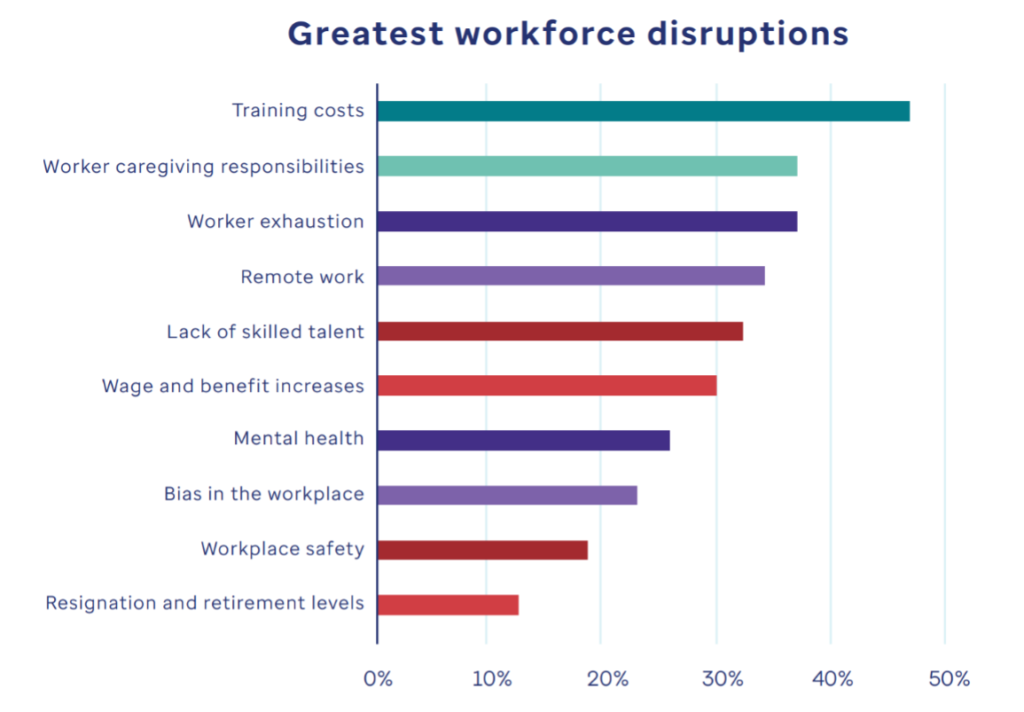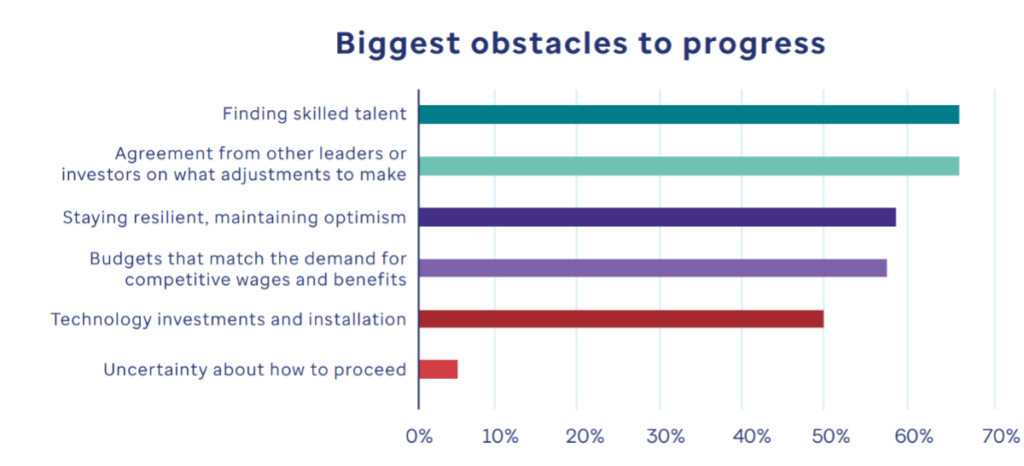Healthcare Jobs
Healthcare jobs-is the great resignation over? Recently there have been many news stories about the end or at least slow down of the great resignation. Does this mean that job tenure and employee retention are improving in healthcare?
A recent article in the New York times pointed out that “…turnover could be declining not only because workers are becoming more cautious but also because employers have had to raise pay and improve conditions enough that their workers aren’t desperate to leave.” One point of view is that employee satisfaction increased for some during the pandemic because they were viewed as highly valued. During the great resignation, employees did not want to work for organizations that did not demonstrate that they were valued.

A recent survey with healthcare organization leaders by Optum, identified that “every segment in health care is experiencing extraordinary changes in the workforce. Burnout, turnover, rising labor costs and skill gaps are diminishing the supply of qualified workers.” Despite the reduction in voluntary resignations, it is clear that healthcare jobs are still being impacted by shortages. Just as in other industries healthcare employers are increasing their focus on improving internal culture. The survey results highlighted that, “the cost to retain, attract and train the workforce is an overwhelming pain point for all health organizations.”

The problems identified by the survey are still challenging to address and there are many obstacles to solutions. Healthcare leaders see these obstacles in the following ways.

With finding skilled talent as one the top priorities for healthcare leaders, efforts are needed to support recruitment as well as retention. There were several helpful ways the healthcare leaders pointed out for increasing the talent pool for their organizations.
A priority from healthcare leaders in Optum’s survey is “finding and keeping talent. 65% of leaders identified finding skilled talent as one of the top obstacles.
A combination of strategies will be needed to find and retain skilled talent. Finding the volume of skilled talent needed to match demand will depend on:
- Expanding the talent pool
- Taking a fresh approach to compensation
- Redeploying existing talent
- Increasing training and career growth opportunities.
Other useful ideas were “to widen the talent pool, leaders can think about forging new partnerships with academic organizations. They can design student loan payback programs as part of compensation packages. They can also consider reducing the requirements for certain staff positions. Leveling up the scope of certain job functions can also increase retention of current staff. For example, leveling up to allow nurses to do certain clinical procedures frees up specialists to consult on more cases and offers mid-level clinicians some exciting growth opportunities.”
At Hire Outcomes HR, we are focused on providing recruitment solutions to support keeping a full complement of needed team members. We understand the challenges faced by health services organizations.
We can help smaller healthcare organizations by working together to source and recruit the right professionals to improve satisfaction for your patients and your employee team. For more information go to Hire Outcomes HR – Hiring Solutions for Success



No responses yet